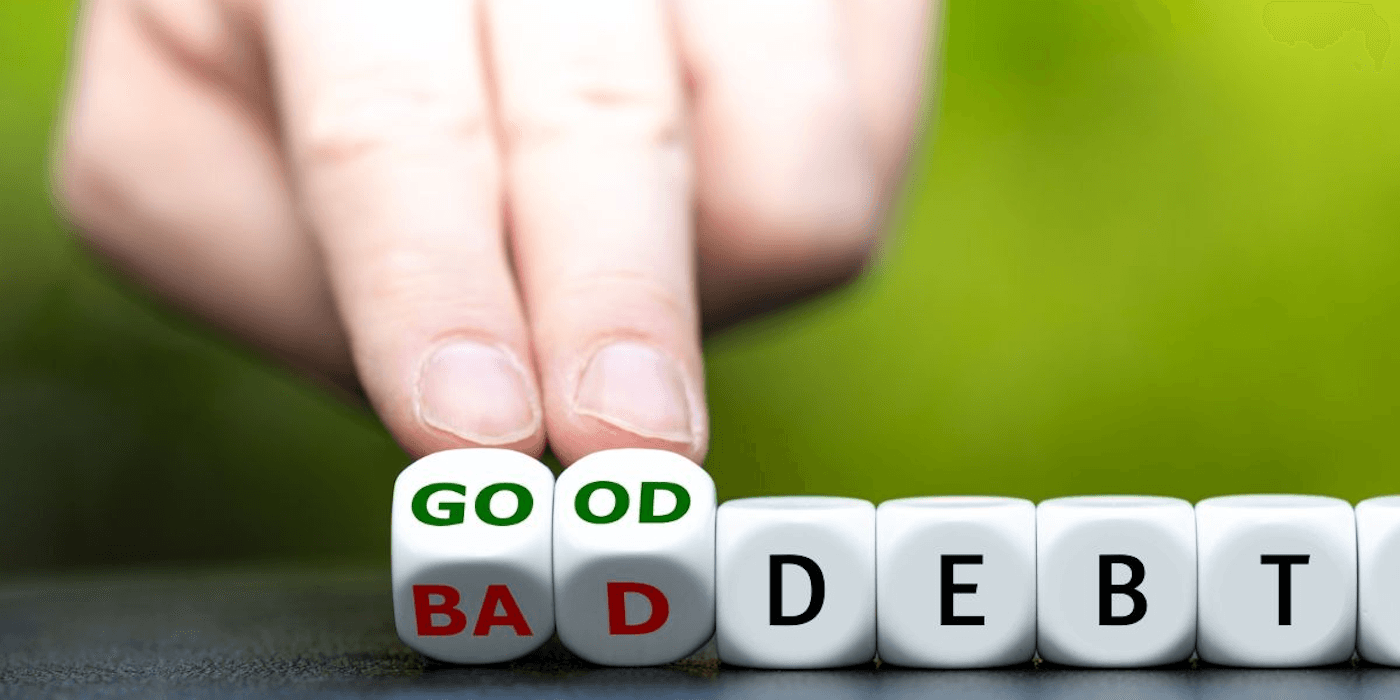Bankruptcy vs. Debt Consolidation: The Best Course of Action

Introduction
Managing debt can be challenging and overwhelming, requiring careful consideration of available options. This article will discuss two common approaches to dealing with debt: bankruptcy and debt consolidation. As a credit finance professional catering to the Australian market, I understand the significance of making well-informed decisions in alignment with your financial goals and circumstances. By exploring the intricacies of bankruptcy and debt consolidation, we aim to help you determine the best course of action for your specific situation.
Understanding Bankruptcy
Bankruptcy is a legal process designed to provide individuals and businesses with a way to alleviate their overwhelming debts. In Australia, there are two primary types of bankruptcy: Chapter 7 and Chapter 13.
Chapter 7 Bankruptcy: Liquidation of Assets
Chapter 7 bankruptcy involves the liquidation of assets to repay creditors. This process consists of selling non-exempt assets, which can include property, investments, or valuable possessions. While Chapter 7 bankruptcy offers immediate debt relief, it may result in the loss of significant assets.
Chapter 13 Bankruptcy: Debt Repayment Plan
Chapter 13 bankruptcy, also known as a debt repayment plan, allows individuals with a stable income to restructure their debts and establish a manageable repayment plan. This option is suitable for those who aim to retain their assets and possess the ability to make regular payments to their creditors over a specified period.
Pros and Cons of Bankruptcy

Before considering bankruptcy, it is crucial to understand the pros and cons associated with this option.
Pros of Bankruptcy
- Immediate Debt Relief: Bankruptcy provides a fresh start by discharging or restructuring your debts, offering much-needed relief from financial stress.
- Protection from Creditors: Upon filing for bankruptcy, an automatic stay is imposed, preventing creditors from pursuing collection actions against you, and providing a temporary respite.
Cons of Bankruptcy
- Long-Term Credit Implications: Bankruptcy severely impacts your credit score and can remain on your credit history for up to ten years. This can make it challenging to access credit or secure favorable interest rates in the future.
- Potential Loss of Assets: Chapter 7 bankruptcy may require you to forfeit certain assets to repay your debts. Evaluating the potential loss of property or valuable possessions is essential before proceeding with this option.
Exploring Debt Consolidation
Debt consolidation is a bankruptcy alternative and involves combining multiple debts into a single, manageable loan or repayment plan. Several debt consolidation methods are available in Australia, allowing individuals to streamline their repayment process.
Personal Loans for Debt Consolidation
One common debt consolidation method is obtaining a personal loan to pay off debts. This approach involves borrowing a lump sum from a financial institution, which is then used to pay off various creditors. By consolidating debts into a single loan, individuals can simplify their repayment process and benefit from lower interest rates.
Balance Transfers for Debt Consolidation

Another debt consolidation option is balance transfers. This method involves transferring high-interest credit card balances to a new card with a lower interest rate or an introductory 0% interest period. By consolidating credit card debts onto a single card, individuals can reduce the overall interest they pay and simplify their repayment process.
Debt Management Programs
Debt management programs, often offered by credit counseling agencies, provide individuals with a structured plan to consolidate and repay their debts. These programs involve working with a credit counselor who negotiates with creditors on your behalf, aiming to reduce interest rates and establish a more manageable repayment schedule.
Pros and Cons Debt Consolidation
When considering debt consolidation, evaluating the pros and cons of this approach is crucial.
Pros of Debt Consolidation
- Single Monthly Payment: Debt consolidation allows you to combine multiple debts into a single monthly payment, simplifying your financial obligations and making it easier to track your progress.
- Potential Reduction in Interest Rates: By consolidating debts, you can secure a lower interest rate, reducing the overall amount you pay over time.
Cons of Debt Consolidation
- Collateral Requirements: Some debt consolidation methods, such as personal loans, may require collateral, such as a vehicle or property, to secure the loan. Evaluating the potential risks associated with using collateral to consolidate your debts is essential.

- Extended Repayment Period: Debt consolidation may involve extending the repayment period, potentially resulting in a longer time to become debt-free. It is important to consider the overall cost and duration of the consolidated loan before committing to this option.
Factors to Consider
When deciding between bankruptcy and debt consolidation, several factors should be taken into account to determine the best course of action for your unique circumstances.
Financial Situation and Debt Level
It is crucial to assess your financial situation and the level of debt you are facing. Bankruptcy may be a more suitable option for individuals with significant debts that cannot be feasibly repaid. In contrast, debt consolidation may be a viable choice for those with manageable debt levels.
Credit Score and Long-Term Financial Goals
Consider your credit score and long-term financial goals when deciding between bankruptcy and debt consolidation. Bankruptcy severely impacts your credit score and can make it challenging to access credit in the future. Debt consolidation, if managed responsibly, may have a less detrimental effect on your credit history, allowing for easier credit rebuilding.
Ability to Repay Debts
Evaluate your ability to repay debts within a reasonable timeframe. Deb consolidation may be a suitable choice if you have a stable income and can reasonably manage your debts. However, if your financial situation is unstable or repayment seems unattainable, bankruptcy may provide relief and a chance for a fresh financial start.
Future Borrowing Opportunities

Consider how your decision may affect future borrowing opportunities. While bankruptcy may limit your immediate borrowing options, it offers an opportunity for a clean slate and the ability to rebuild your credit over time. Debt consolidation, when managed effectively, may allow you to maintain or improve your creditworthiness and access financing in the future.
Making an Informed Decision

To make an informed decision between bankruptcy and debt consolidation, it is essential to seek professional advice from a credit finance professional or a licensed insolvency trustee. These experts can provide personalised guidance based on your specific circumstances, considering your income, assets, and overall debt situation.
By comparing the benefits and drawbacks of bankruptcy and debt consolidation, you can understand their respective implications comprehensively. Consider the long-term financial impact, credit score ramifications, potential loss of assets, and the duration of debt repayment under each option. This evaluation process will help you determine the most suitable path for achieving financial stability and freedom.
Conclusion
When faced with overwhelming debt, making informed decisions is crucial to securing a brighter financial future. Bankruptcy and debt consolidation are two viable options, each with its own set of advantages and disadvantages. You can make a well-informed choice by understanding the intricacies of bankruptcy and debt consolidation, considering factors such as your financial situation, credit goals, repayment ability, and future borrowing aspirations.
Looking for a debt consolidation loan? Look no further than Driva. You can find the perfect loan match from our extensive network of 30+ lenders in just minutes. We understand the importance of transparency, so choosing Driva means you can enjoy worry-free borrowing. With 100% rate and fee transparency, you can trust us to help you consolidate your debts and achieve financial peace of mind.


.png)







